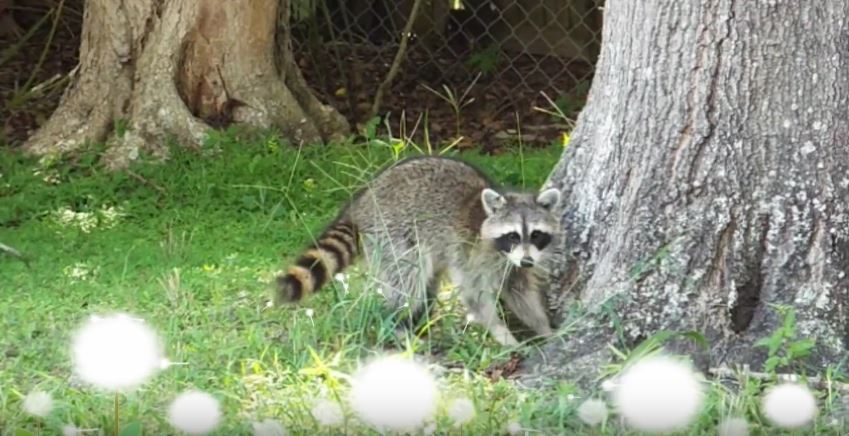What is Raccoon Roundworm?

A raccoon is considered as a free-ranging species that are normally found in rural and urban areas of US. They may be a gentle and adorable creature, but generally, they can carry an array of pathogens and infectious agents that are mostly zoonotic. One of the most renowned types of parasite would be the raccoon roundworm also known as Baylisascaris procyonis. When the human ingested this type of parasite, it will hatch on the intestine that will then travel to the different organs of our body.
An Ultimate Guide on Raccoon Roundworm
On a normal basis, the infected raccoon will produce millions of eggs through their feces. These eggs will then be developed into their infective state in a matter of 2 to 4 weeks. They are also highly resistant against most environmental condition, and it can survive for an extended period of time if they are exposed in an ample level of moisture. The infection can then be spread if the egg was accidentally ingested by an animal or human. Humans particularly the kids are highly at risk of being infected by simply touching things that are contaminated with the feces of the raccoons such as the water and soil. After they ingested the egg, it will release larvae that will travel to the different organs of our body.
What Are the Signs of Raccoon Roundworm?
Symptoms that relates to the disease can vary depending on the amount of eggs ingested or what part of the body are they located. Once the eggs hatches into larvae, it can lead to disease once the larvae migrated to the different organs such as spinal cord, brain, and liver. Ingesting a minimum amount of egg will show no symptom. Swallowing a considerable amount of egg will result to serious symptoms. It may include blindness, coma and lack of muscle control, loss of attention, improper coordination, liver enlargement, fatigue, and nausea. There are also instances when this parasite resulted to death. Any signs will start to become evident weeks after you accidentally ingested the eggs.
Who Are at Risk?
People who are directly exposed on the environment where the raccoon lives are highly at risk of contracting the disease. People who have a developmental disability and children are also at risk since they spend most of their time outdoors. There are also instances when they will place their dirty fingers on their mouth. People who constantly handle raccoons such as the rehabilitators, taxidermist, trappers, and hunters can also acquire this disease.
Currently, there are no known cures that will effectively treat this disease. To prevent this infection, you should avoid having a direct contact with the raccoon. It is never recommended to adopt them as a domesticated pet. You should also contact the help of the professional if you find out that a raccoon has invaded your house. You should also stay away from elements and materials that have been contaminated by the raccoon feces. In most cases, the raccoons will defecate on elevated surface, base of trees, attic, rooftops and wood piles.
Read the How to get rid of raccoons page for helpful information and to learn more about What is Raccoon Roundworm?

